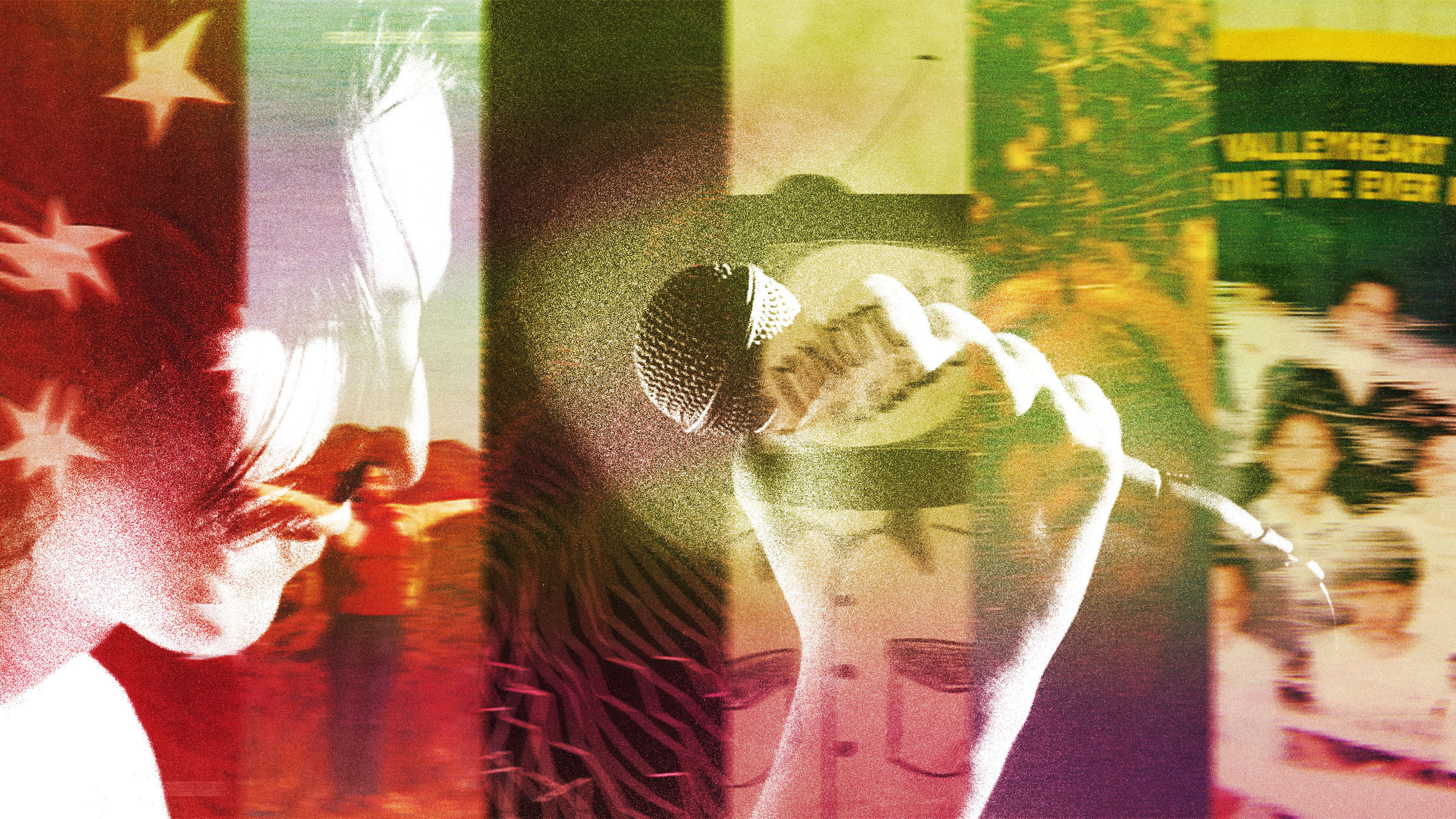Kerrang!
Articles written for Kerrang! Magazine.
Kerrang! is a British weekly magazine representing a global community of musicians and fans alike, devoting to the biggest names in metal, punk, rock, and alternative music as a whole. The world’s biggest-selling weekly magazine based in London (1981) and recently New York (2018).
list
For this piece, I researched bands that developed a similar sound identified by gruff or monotonous vocals, a previous history with hardcore bands (whether they were part of one or touring with one), and a melodic guitar structure that borders math rock but goes heavier on reverb and delay to create the dreamy, atmospheric soundscape. After careful consideration, these groups were the most indicative of the new sound.
This article includes a brief history of each of the six bands, and how their sounds gradually developed over time into this new, experimental gazecore genre of music.
list
For this piece, I did in-depth research on the history of wrestling, following specific wrestlers that embodied brutalism, machismo, villainous tendencies, or demonology–all stereotypical-but-important aspects of metal music. I also spoke with regional wrestling experts to confirm the validity of the list and my reasoning behind each member to ensure its success.
This article includes wrestlers from multiple decades and countries, listing off why each deserves their top 10 rank.
feature
I wrote a feature article for Kerrang! Magazine about queer-identifying punk bands in the American South.
For this project, I interviewed a variety of different groups in and around Atlanta and Athens, two hotspots for cultural and musical diversity in Georgia. Each subject had their own perspective on what it meant to be queer, and in turn, affected what the ideology of punk meant to them.
This article explores the balance between traditional expectations and a rapidly developing sense of identity, and how punks form their own niches of comfort within their communities.



